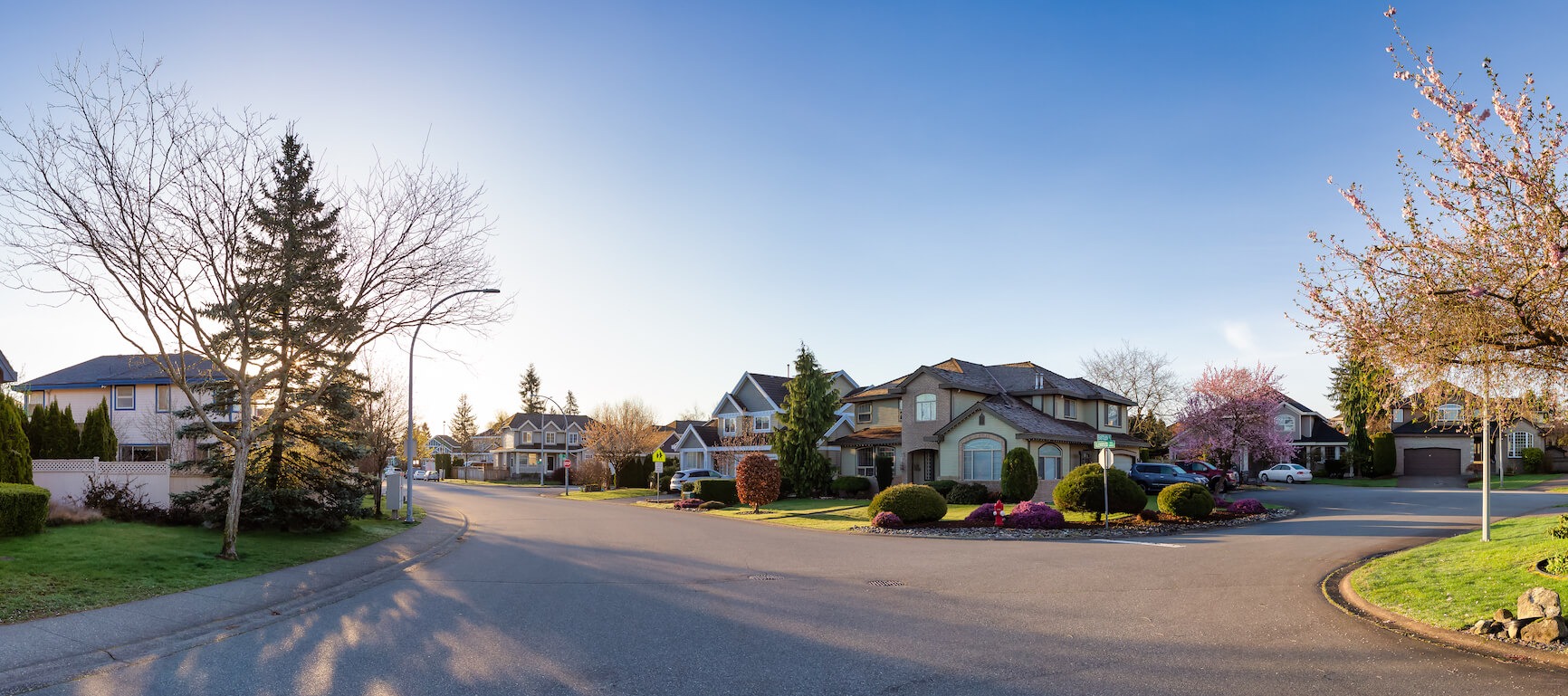
In a recession, housing markets can be hit hard. Indiana won’t be an exception to this trend. Overall, construction of new homes plummets and existing homes can be negotiated for better pricing for buyers (at least, compared to pre-recession prices). What does this mean for you? Whether you are trying to buy a home or sell the one you own, understanding the effects of a recession on housing is important. A recession will have different effects depending on where you live and what type of home you’re looking at buying or selling.
However, there are some general trends that most housing markets follow during recessions. Read on to learn more about how recessions affect housing and what to consider in order to mitigate these effects.
What is a Recession?
A recession is a period of economic decline. During a recession, the economy’s growth rate slows and unemployment rises. Economists use the business cycle to describe the ups and downs of economic performance, and a recession is considered to be the last stage of that cycle, when the economy is declining.
A recession can last anywhere from 6 to 18 months. In the United States, a recession is defined as two consecutive quarters of GDP decline. GDP is the value of all goods and services produced in the United States in a given period, and it is often used as a measure of economic health. During a recession, GDP will decline as businesses produce less and consumers spend less. When many businesses are producing less, there will be fewer jobs available, and unemployment will rise. This time, though, the potential recession is part pandemic-driven and part inflation-driven, not credit-driven like in 2008. That is mostly good news for the housing market. And after 2008, financial lenders have learned some important lessons that may help the Indiana housing market.
Housing Markets During Recessions
During a recession, most housing markets see a decline in home sales. Since some people are losing their jobs and have reduced income, they may have difficulty making mortgage payments. The supply of new homes also falls. Construction of new homes often falls off as the economy slows and construction demand declines, and builders may halt construction of new homes entirely during recessions. Existing home sales also decline, but not as dramatically. People who already own homes are less likely to sell them during a recession, since they will likely be less optimistic about future home price growth. They may also be concerned about being unable to re-enter the housing market if they can’t find another suitable home to buy. The reality is that no one knows exactly what will happen until it happens, but Hoosiers
Home Prices During Recessions
Home prices may decline during a recession, but they often don’t decline as much as they did during the previous economic cycle. This is because investors, banks, and other lenders are much more cautious following a financial crisis. Many lenders will be reluctant to lend money for homeownership at all, and those who do lend will be more careful about their underwriting standards. This cautiousness among lenders means that homeownership rates may decline during a recession. Since fewer people are owning homes, housing demand may fall and cause home prices to decline. According to the Indiana Association of Realtors, Indiana overall performed at or above the national average during the 2008 recession. By 2010, data shows that while sales declined, prices stabilized more quickly than in other parts of the country. That’s good news for Hoosiers in 2022. The hope is that homes will continue to appreciate but most likely more slowly that during the past year.
Supply of New Homes During Recessions
As the economy slows, the supply of new homes may drop precipitously. During a recession, many would-be buyers will be unable to get loans, and some of those who can get loans may choose to wait for better economic conditions. This will cause the supply of new homes to fall. The drop in supply may be accompanied by a rise in home prices during a recession. Banks may become more cautious and increase the amount they expect to be repaid as housing prices rise. This may also cause them to become more selective about the loans they offer, which could reduce the supply of new homes even further. One of the biggest indicators of the last recession was delinquencies in mortgages. Hoosiers hit the national average, but with careful planning and worthy advice from financial experts, this can be averted.
Conclusion
The effects of a recession on housing can be difficult to manage. During a recession, many homeowners may struggle to make their mortgage payments, while fewer people may be able to buy new homes. Home prices may fall during a recession, but they may rise again as the economy begins to improve. In general, recessions are followed by periods of slow economic growth. The good news is that the Indianapolis area market is strong. The January 2021 housing affordability index shows Indianapolis consistently pulls as affordable for a median-average household. While a recession can present challenges for homeowners and potential homeowners alike, it is important to understand the trends that occur during recessions in order to prepare for the future. The Indianapolis area continues to be a good buy for homeowners.
